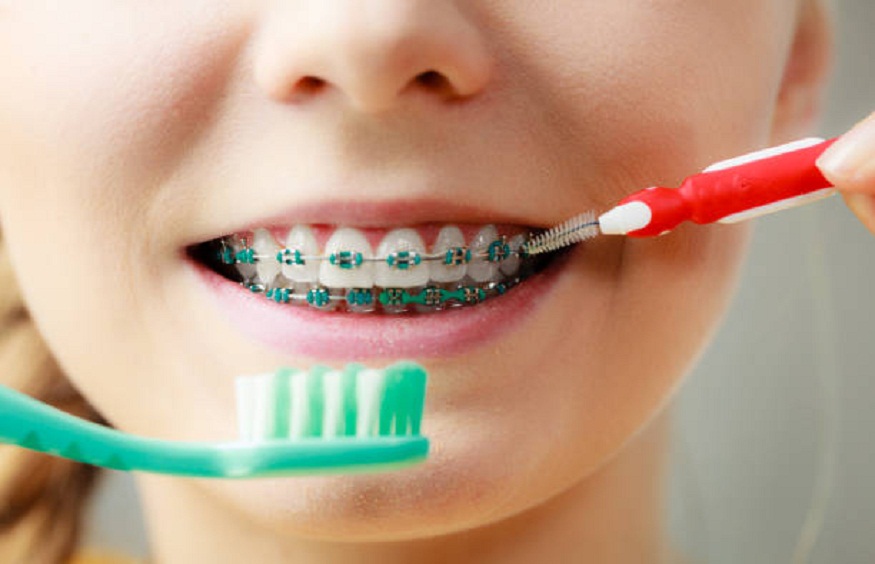Why Post-Braces Tooth Sensitivity Happens
Tooth sensitivity is a common issue people face following their orthodontic treatment with braces. While braces do give you a straight smile, you might notice that you experience more sensitivity in your teeth. You may experience sharp pain every time you drink a hot or cold beverage or food. This can be concerning, given you recently went through a treatment.
The common question patients ask is whether this sensitivity is normal. The answer is yes. During the orthodontic treatment, your teeth shift from their original position to give you a better smile shape. This movement impacts the underlying structure of your teeth. When the braces are removed, the exposed dentin is no longer protected by the braces.
Moreover, plaque build-up will occur due to brushing around the braces and not being able to clean your teeth properly. If you are experiencing tooth sensitivity after braces and the discomfort is causing distress, visit your San Jose orthodontist today. They will be able to tell you whether there are underlying issues and help you manage the painful symptoms.
Common reasons for tooth sensitivity after braces
1. Enamel wear.
Braces are made of metallic substances, which can be slightly harsh for your teeth. Moreover, these metals and wires put constant pressure on your teeth to align them properly. Therefore, wearing braces for too long can lead to enamel wear.
The enamel acts as a protective layer and covers your nerve endings. When it degrades, it can lead to increased sensitivity to hot and cold meals. Therefore, you may experience difficulty in consuming extremely hot and cold food substances after the removal of your braces.
2. Teeth adjusting after removal.
After the removal of braces, your teeth need some time to stabilize in their new position. During this process, the bone structure surrounding your teeth also reshapes itself. Therefore, when teeth move and adjust, they put pressure on the surrounding nerves and lead to sensitivity issues. When the teeth adjust themselves properly, the sensitivity issue may fade.
3. Gum recession.
When the doctor installs braces, it may lead to gum recession. This issue commonly occurs during orthodontic treatment. The braces may exert pressure on the gums, which leads to the exposure of teeth roots.
This root surface is dentin and is thinner than enamel. Since the thin layer is unable to provide enough protection to the teeth roots, it can make them more sensitive to hot and cold temperatures.
4. Oral hygiene changes.
People with braces often face difficulty in cleaning their teeth and maintaining oral hygiene. The wires of the braces make it difficult for the toothbrush to reach every corner of the teeth and result in poor oral hygiene. This can lead to plaque buildup and weakening of enamel.
This change in oral hygiene can also lead to gum irritation and inflammation, which can eventually lead to sensitivity issues. Therefore, brushing and professional cleaning is highly advised to maintain good oral health and avoid dental issues.
How long is the problem supposed to last?
Patients may experience sensitivity issues for several days after their brace removal. However, this is only a temporary issue which is caused due to the adjustment of the teeth during the treatment. You can get rid of this issue within several days without any medical care or assistance.
However, there are several factors that may affect your recovery time, such as the severity of damage to the enamel and poor oral hygiene. Poor oral hygiene can lead to plaque buildup, gum irritation, and prolonged sensitivity issues.
It is important to note that this issue gradually fades away with proper care and good oral hygiene. Following good dental practices such as brushing twice daily, flossing, and limiting abrasive products can help reduce pain and discomfort.
Don’t live in pain!
You may have been happy about your teeth getting straighter, but you realize that you have another dental problem now. However, it is only temporary. If your tooth sensitivity persists for longer than it should, visit your dentist in San Jose today.


Leave a Reply
You must be logged in to post a comment.